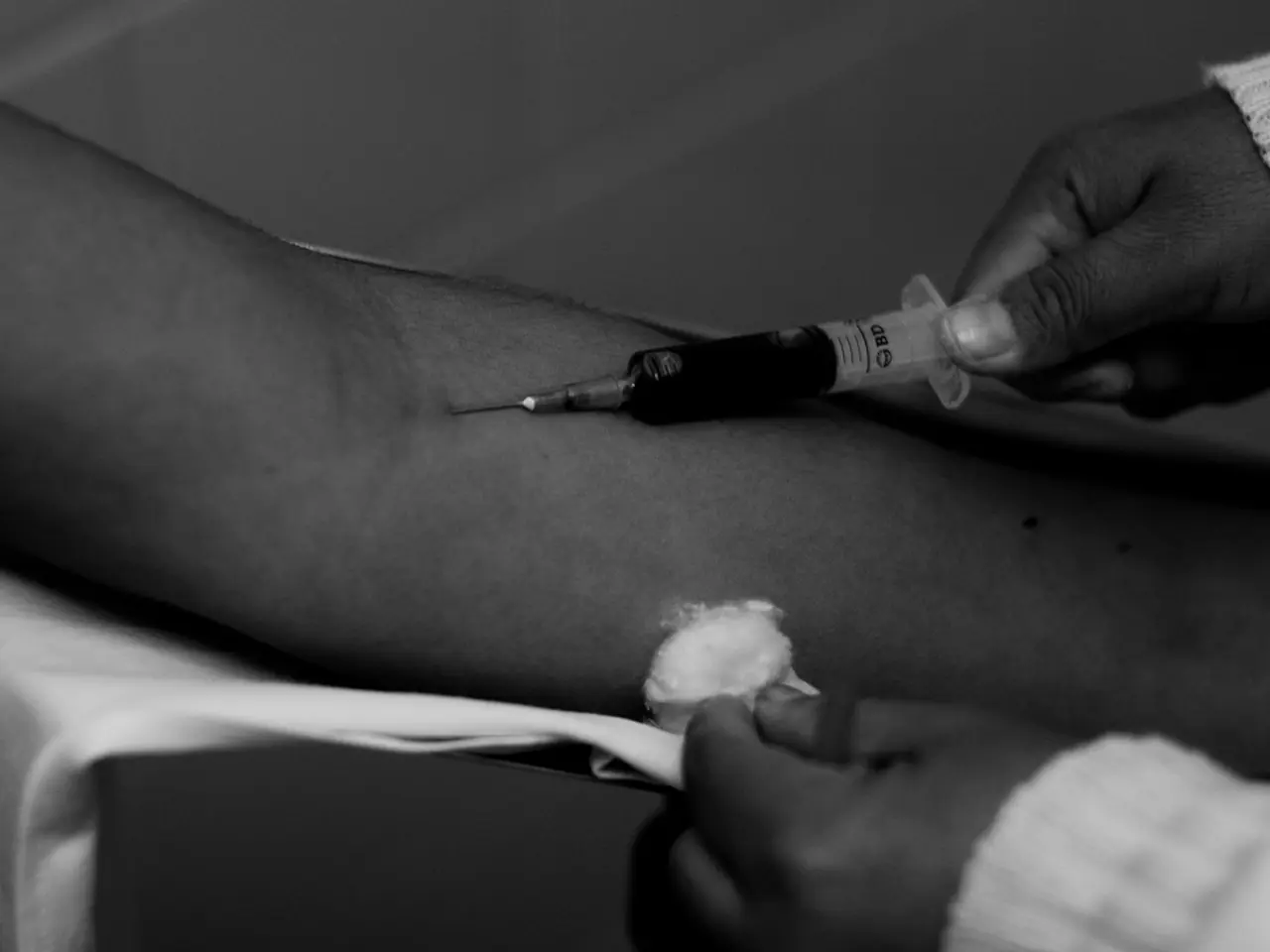Differences, Causes, and Remedies: Dandruff versus Dry Scalp
In our daily lives, maintaining a healthy scalp is just as important as taking care of our hair. Two common scalp conditions that many people experience are dandruff and dry scalp. While they may share similar symptoms, they are distinct entities with different causes and treatments.
**Dandruff** is typically caused by an overgrowth of the *Malassezia* fungus on an oily scalp, often linked to excessive sebum production. This condition leads to larger, white or yellowish flakes that tend to be oily and stick to the hair, accompanied by itching and sometimes redness. Unlike dry scalp, dandruff mainly affects the scalp without significant inflammation.
On the other hand, **dry scalp** results from insufficient moisture or sebum production. It produces smaller, powdery white flakes that easily fall off and is often accompanied by a tight, dry scalp feeling and itchiness. Causes include weather conditions (cold, dry climates), excessive washing, dehydration, poor nutrition, or underlying skin conditions like eczema or psoriasis, which may also cause redness or small bumps.
To differentiate between the two, observe the type and size of flakes, assess scalp texture and symptoms, consider triggers, and if uncertain, consult a dermatologist or trichologist for a scalp analysis.
**Treatments** for these conditions vary. For dandruff, treatments focus on controlling the fungal infection and managing oil production. This can include using anti-dandruff shampoos containing agents like zinc pyrithione, ketoconazole, or salicylic acid to reduce fungal growth, medications to manage scalp oiliness, anti-inflammatory applications to reduce itching and redness, and tailored treatment based on scalp analysis by a dermatologist or trichologist.
For dry scalp, treatments aim at restoring moisture and protecting the skin barrier. This includes using gentle, moisturizing shampoos and conditioners without harsh sulfates, reducing excessive hair washing to prevent stripping natural oils, hydrating the scalp through oils or moisturizing treatments, addressing underlying skin conditions if present, and avoiding cold weather exposure or using protective headwear to reduce dryness.
By understanding the root causes of these conditions, effective management can be achieved. For a flaky scalp with other symptoms like redness or sores, or if home treatments do not work, it is essential to contact a healthcare professional.
Remember, the idea that improper hygiene causes dandruff is a myth. Dandruff can be a chronic condition that tends to go away and then come back. On the other hand, dry scalp can cause the hair to look dry. People with autoimmune disorders and chronic conditions should speak with a healthcare professional before treating dandruff.
In conclusion, maintaining a healthy scalp involves understanding the differences between dandruff and dry scalp, recognising their symptoms, and applying the appropriate treatments. Regular scalp care, a balanced diet, and consulting with a healthcare professional when necessary can help keep your scalp and hair in optimal condition.
- Obesity, a disease linked to numerous health complications, can also increase the risk of developing dandruff due to excess sebum production on the scalp.
- Science has made strides in identifying predictive factors for depression, including conditions like psoriasis, a recurring skin disorder characterized by red, scaly patches on the skin.
- Some people with dry skin may experience symptoms similar to asthma, such as itching and slight difficulties in breathing, which can be alleviated by using appropriate skin-care products.
- Crohn's disease, an inflammatory bowel disease, has been associated with skin conditions such as eczema, causing dry, scaly, and itchy skin.
- Those with bipolar disorder should take special care in selecting skin-care products, as certain ingredients can trigger skin irritations and flare-ups, especially if they have dry or sensitive skin.
- Regular use of chemical-laden skin products can exacerbate cancerous skin growths, which is a concern among the health-and-wellness community.
- During the winter months, it's essential to switch to moisturizing and anti-inflammatory skin-care products to combat dryness and minimize flare-ups of skin conditions like eczema or dandruff.
- Severe or persistent dandruff, accompanied by symptoms like redness or sores, could indicate a more serious skin condition such as psoriasis or eczema, and should be evaluated by a healthcare professional.




